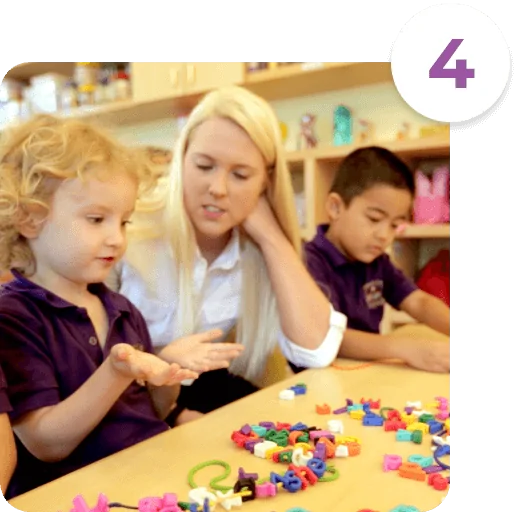
The early years foundation stage (EYFS) provides a structure for early learning. It focuses on different areas of development that support children in their first years. EYFS creates a setting where children explore, play, and grow in a balanced way.
This article looks at why early years foundation stage nursery is an essential part of early education.
Building social and communication skills:
EYFS encourages children to interact with others from a young age. Through group activities, sharing, and conversations, children learn how to express themselves. This makes it easier for them to form friendships and build confidence in speaking and listening. Learning in a social setting also teaches patience and cooperation.
Learning through play:
Play is a big part of EYFS, making learning natural and engaging. Activities like building blocks, role-playing, and outdoor games introduce new ideas in a fun way. These experiences help children think creatively, explore different ideas, and try new activities without pressure.
Early introduction to reading and writing:
EYFS introduces letters, sounds, and simple words through stories, songs, and rhymes. This makes reading enjoyable and prepares children for later stages of education. Drawing, tracing, and holding pencils correctly also improve early writing skills. These small steps build a foundation for future learning.
Developing early maths skills:
Numbers shapes and patterns are introduced in a playful way. Simple counting games, puzzles, and sorting activities make learning numbers easy to understand. Children also learn basic problem-solving through activities like matching and measuring, which prepare them for more advanced maths later on.
Encouraging physical development:
EYFS supports both fine and gross motor skills. Activities such as drawing, cutting, and threading beads strengthen hand movements. Running, jumping, and climbing improve coordination and balance. These activities ensure children develop strength and control in their movements.
Exploring the people around them:
Children are encouraged to observe, explore, and ask questions about their surroundings. Activities such as gardening, water play, and nature walks introduce them to science in a simple way. Learning about different cultures, traditions, and celebrations also gives children a broad perspective of the world.
EYFS provides a safe and supportive environment where children learn about emotions. Through storytelling, discussions, and group activities, they recognise different feelings and ways to express them. This builds self-awareness and helps children understand how to react in different situations.